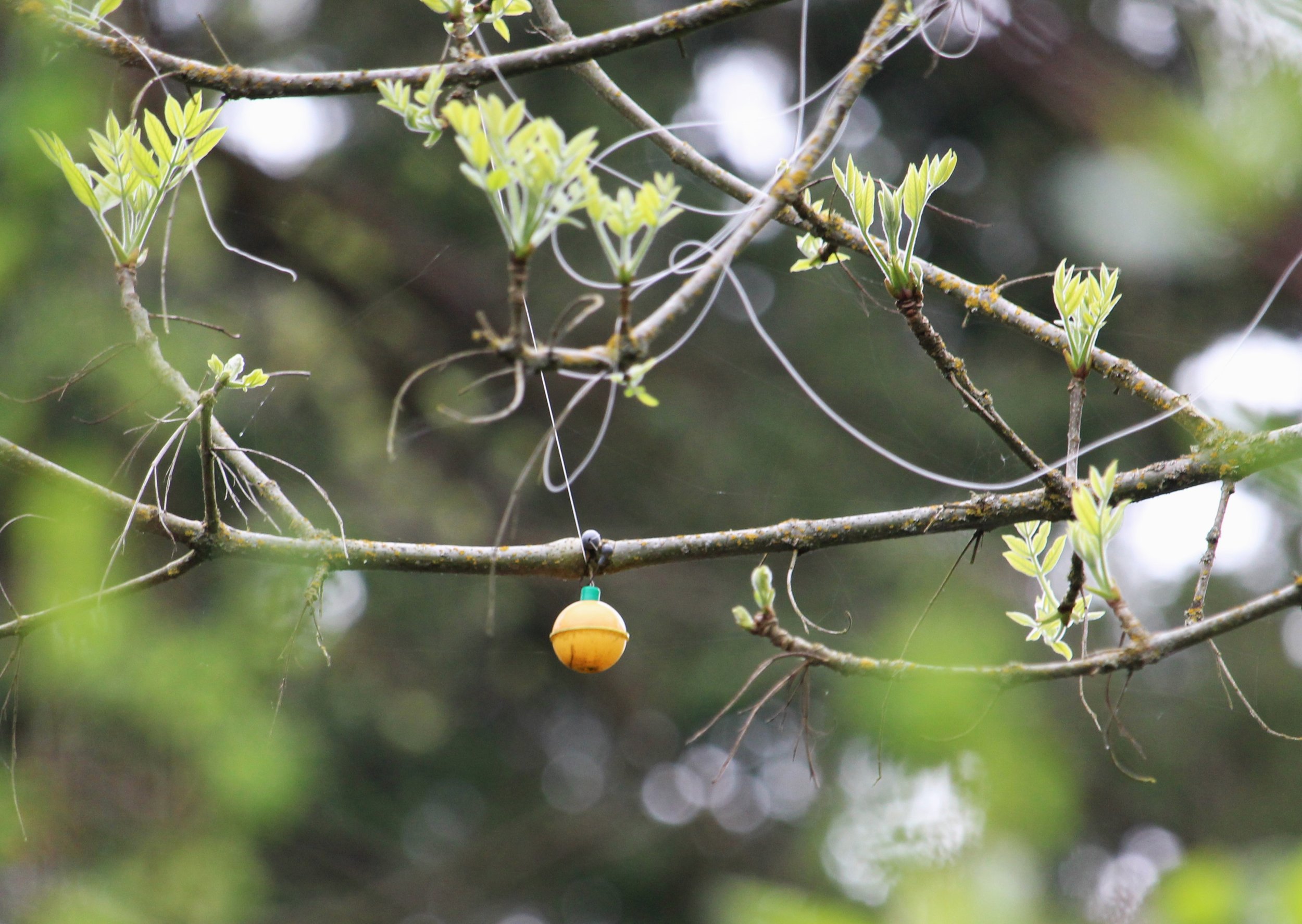Exploring Responsibly
Nature parks and wildlife refuges have rules to keep people, plants, and animals safe, so it is important to follow them. Here are some ways that you can be responsible while exploring outdoors.
Read the signs. Some nature parks have signs with a map of the trails. Other signs will tell you what you should do and what you shouldn’t do in the park. Most wildlife refuges will have areas of the trail that are closed during nesting season, and you should look out for these signs in the spring and summer. Some signs will tell you if you can bring pets or not. Parks might not allow pets because they can disturb and harm wildlife, even when on a leash.
Clean your shoes. At many parks there are shoe cleaning stations. Why? You might have seeds from other areas stuck in the soles of your shoes. Using a cleaning station helps prevent invasive plants from growing in nature parks.
Be quiet. It’s important to be quiet while you are exploring so you don’t scare off the wildlife living in the area. In some cases, however, being loud is a good thing. For example, if you are in an area with mountain lions or bears, you want to make noise so they know you are there and so you do not startle them.
Pick up your trash. Trash can do a lot of harm to the environment. If you leave trash around, animals might get tangled in it, eat it, or use it for their nest. Plastic contains chemicals that could kill animals if they eat it. Picking up trash that you find along the way will also help keep the parks clean.
Leave plants and wild animals in parks. Don’t take any plants or animals home. If an animal is injured, you should leave it there and notify the park staff or the Fish and Wildlife Service. For the protection of the ecosystem, it is illegal to remove plants from the wild. Also, if you bring wild plants home, you may be introducing invasive plants or disease to the area where you live.
Be informed before eating plants along the trail. Rules about eating berries, mushrooms, and more can be different from park to park. You should do your research before you go, and make sure you know what is poisonous and what is not. Be sure to leave some berries for the wildlife!
Do not feed animals. Do not feed animals at nature parks. Becoming too comfortable around humans or relying on humans for food can put wildlife at risk. Also, the food that you give them could be harmful to the animal. At one local park we often see people feeding the ducks, and now the ducks go right up to people and walk into the parking lot, which puts them in danger of being hit by a car.
I hope this is helpful as you plan your next outing. Remember, you can still have fun while exploring responsibly!





